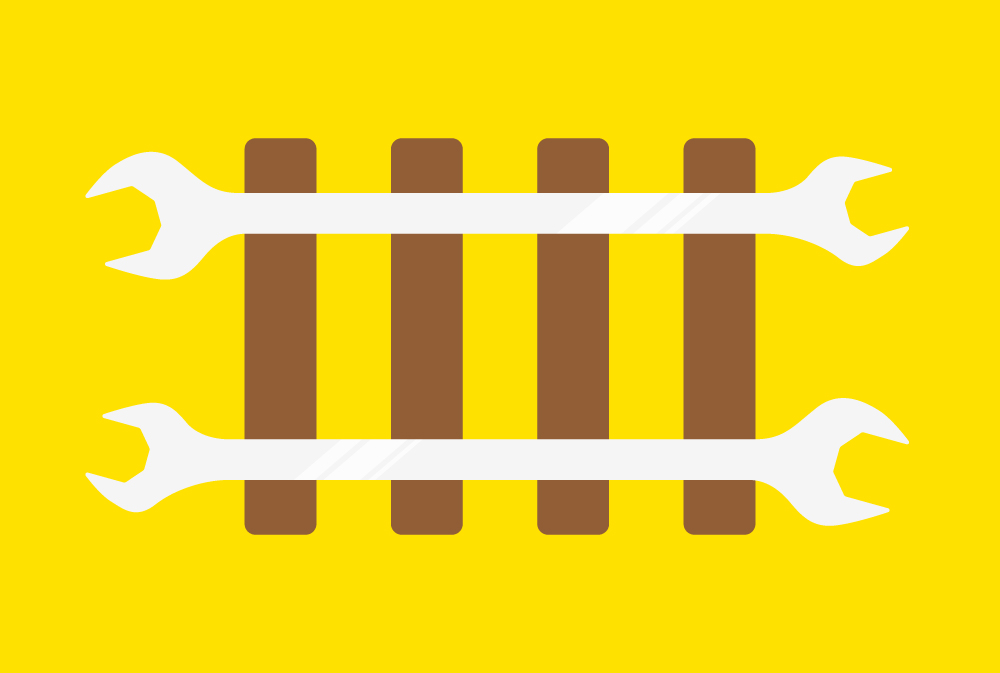
After a construction period that has stretched over four decades, Brazil has completed the 2,260km Norte-Sul railway, stretching from the northeastern port of Itaqui, in Maranhão state, to the southeastern port of Santos in São Paulo.
The link was opened on Friday by President Lula da Silva. It’s intended to connect Brazil’s agricultural sector to world markets.
It will allow farmers in the states of Goiás, Mato Grosso and Minas Gerais to transport cash crops such as soy, corn, and cotton to ports in the southeast and north regions.
Brazil exported 54 million tonnes of soy beans to China in 2022, receiving $27bn in return.
The Brazilian government said in a press statement that the rail link would form a logistics corridor that would attract investment and jobs along its length.
Work began in 1986, but failed to make much progress until the government intervened in 2007 as part of a general drive to grow the Brazilian economy. In 2019, Rumo, the largest logistics company in Latin America, started to operate the project’s 1,540km southern section, and invested $833m in rolling stock and terminals at São Simão and Iturama, as well as Rio Verde.
Other logistics companies involved in running the system as concessionaires are VLI and state-owned Valec.
Business website BNAmericas notes that the line will stimulate further extension of the Brazilian rail network. For example, next year, the government plans to launch a public-private partnership to build a 520km line between Salvador, capital of the northeastern state of Bahia, south to the port of Petrolina in Pernambuco state.
Further reading:










